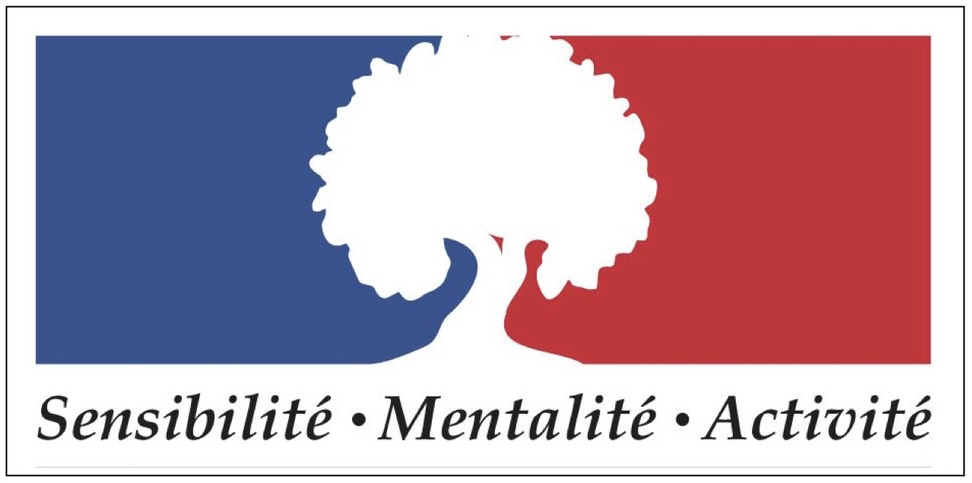ETHICAL CODE
Preamble
Members of the Association commit to upholding and advancing knowledge and best practices in narrative intelligence. The Ethical Code establishes the professional standards and ethical norms expected of all specialists involved in narrative intelligence training and development.
Section 1: Definition
- Members agree to apply narrative intelligence competencies while adhering to the Ethical Code.
- Professional relationships are formalized agreements outlining mutual responsibilities.
- Client: An individual receiving narrative intelligence training.
- Sponsor: An entity financing and organizing the training.
- Learner: A trainee enrolled in narrative intelligence development programs.
- Conflict of Interest: A situation where a specialist’s personal interest may influence their professional role.
Section 2: Ethical Standards and General Principles
- Uphold the Ethical Code in all professional interactions.
- Address ethical violations appropriately.
- Inform stakeholders (clients, sponsors, and colleagues) of ethical obligations.
- Avoid discrimination based on age, race, ethnicity, religion, nationality, or disability.
- Provide truthful information about services and expertise.
- Clearly define qualifications and professional boundaries.
- Respect intellectual property rights.
- Recognize and address personal issues affecting professional performance.
- Apply the Ethical Code to all professional relationships.
- Conduct and publish research ethically, ensuring participant consent.
- Secure and properly manage confidential client records.
- Use client contact information lawfully and appropriately.
Section 3: Conflict of Interest
- Identify and disclose potential conflicts of interest.
- Define roles and responsibilities to prevent ethical conflicts.
- Disclose any financial incentives tied to client referrals.
- Maintain professional relationships regardless of compensation structure.
Section 4: Client Interaction
- Provide honest and accurate information about training and services.
- Ensure clients and sponsors understand the training scope and confidentiality limitations.
- Establish a formal service agreement outlining roles and responsibilities.
- Maintain clear and culturally appropriate boundaries.
- Avoid romantic or sexual relationships with clients, sponsors, or trainees.
- Respect a client’s right to end training at any time.
- Refer clients to other professionals when necessary.
Section 5: Confidentiality and Data Protection
- Maintain the highest level of client confidentiality unless legally required to disclose information.
- Establish clear agreements on information sharing.
- Define conditions under which confidentiality cannot be guaranteed (e.g., illegal activity, court orders, risk of harm).
- Require all support personnel to comply with confidentiality standards.
Section 6: Continuous Development and Responsibility
- Commit to ongoing professional development.
- Acknowledge that ethical violations may result in accountability measures, including sanctions or loss of professional standing.
